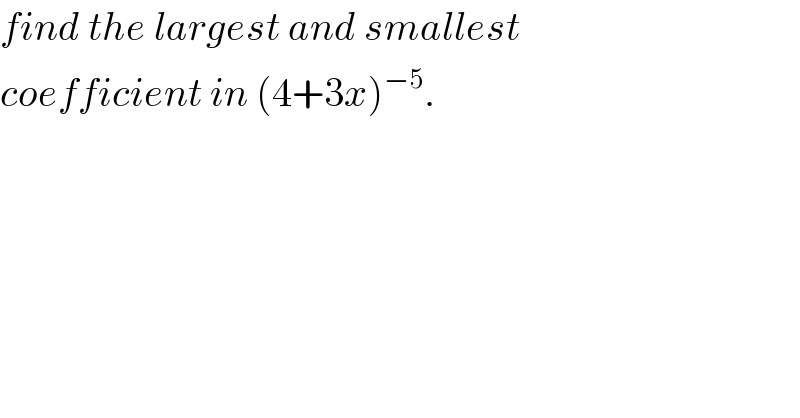
Question and Answers Forum
Question Number 114739 by mr W last updated on 20/Sep/20

Answered by mr W last updated on 20/Sep/20

| ||
Question and Answers Forum | ||
Question Number 114739 by mr W last updated on 20/Sep/20 | ||
 | ||
Answered by mr W last updated on 20/Sep/20 | ||
 | ||
| ||